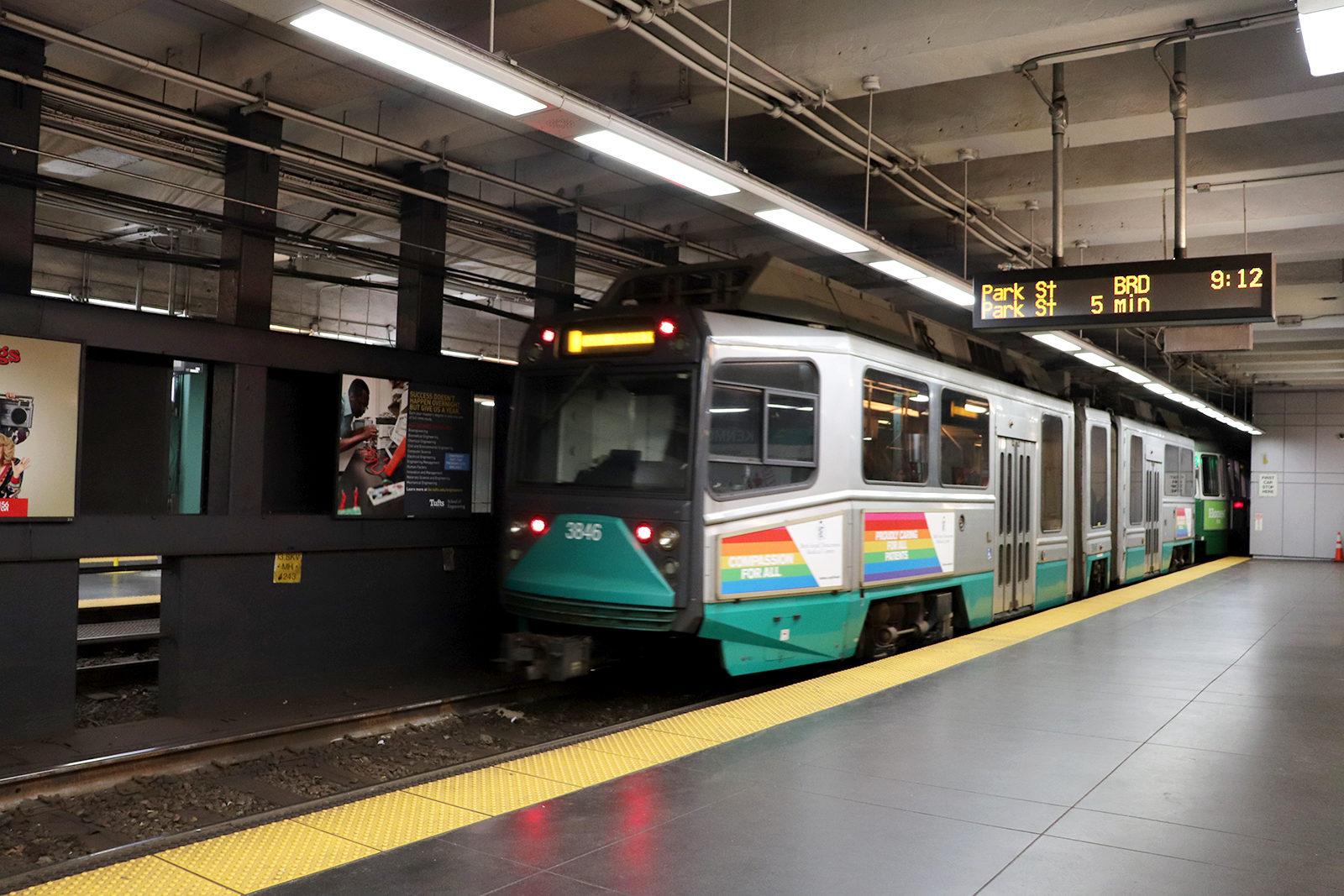The subway. The L. The metro. The T. Different cities call them different names. They look different and sound different and go different places. But there’s a common thread that all big U.S. cities seem to share when it comes to transportation. It’s not their efficiency, their reliability or their speed. Quite the opposite. The one thing that seems to be a fixed feature of transportation systems in America is that they are all, in a word, bad.
Getting from point A to point B sounds like the simplest thing in the world, but we keep seeing example after example of how complicated and chaotic it has become. Delays, overcrowding, financial problems, mismanagement, you name it. When it comes to transportation, the list of what we’re doing wrong seems to be piling up a lot faster than the list of what we’re doing right — especially in Massachusetts.
For all the time and money our state has devoted to this issue, we are no better than the rest. In fact, we might be one of the worst.
An article published Saturday by the Associated Press addressed the decade’s worth of problems Massachusetts has dealt with in regards to transportation — whether it be by bus, car, train or otherwise — and especially the findings of two reports published in the last week.
The first report, by the Massachusetts Taxpayers Foundation, found that the state’s most recent strategy of “throwing money at the problem” has done little to no good. In the past 10 years, Massachusetts has doubled its expenditures in transportation, spending billions more than was originally intended. Yet, the condition of our state’s transportation system remains problematic in many of the same ways it did a decade ago.
The second study, by Senate leaders, reflected the results of an online survey and more than 700 meetings with residents — finding that the overwhelming majority of people in Massachusetts are both dissatisfied with our state’s transportation, and willing to pay to change that.
These reports, and nearly every other study done over the past decade have all come to the same conclusion: Massachusetts’ transportation is in rough shape. And though these reports keep being filed, and we aren’t seeing any real change. So what’s the solution?
All of this research is making it increasingly obvious that the problems do not lie in how much we are spending, but in how recklessly we’ve been spending that money. The foundation’s study recommended the creation of an independent commission to conduct an expansive review of the Massachusetts transportation finances. This is exactly what must happen.
We are already spending billions of dollars on the transportation that is not meeting people’s needs. And yet, people of Massachusetts are willing to pay even more money if that’s what it take to find a solution. This shouldn’t really be necessary, but it goes to show how important transportation is to people.
Transportation is absolutely crucial to a state, and to a city. The T is the backbone of Boston. And it’s a backbone we have been completely neglecting.
The MBTA is not in shambles by any means. The vast majority of people that get on the T every day get exactly where they want to go, and in the amount of time they expected it to take. They get there safely, and for a relatively low cost. But that doesn’t change the fact that people in Massachusetts are dissatisfied with their transportation, and for good reason.
What these reports are telling us is simple. We need to stop what we’re doing, and take stock of the state of transportation in Massachusetts. Then, we need to come back with a plan about how to spend our money efficiently, and make some tangible improvements.
If the MBTA doesn’t watch out, they’re going to start losing business left and right. Every moment that the T isn’t making improvements, companies like Uber and Lyft are. As these ride-hailing apps prices keep dropping, their popularity is skyrocketing. That’s not just bad for the state, it’s bad for the environment. The last thing Boston needs is more gas-guzzling cars driving the streets, when buses, trains and other modes of public transit are perfectly capable of stepping up to the task.
This won’t be an easy problem to fix, but it shouldn’t have grown to be such a big problem in the first place. Massachusetts leaders became complacent in taking care of one of the institutions that matters to people most, and it began to fall apart. People should be able to get to work and home and everywhere else without worrying about all of the things that might go wrong. We need to identify specifically what issues are the most problematic, and then address them one by one — and soon.






















































































































